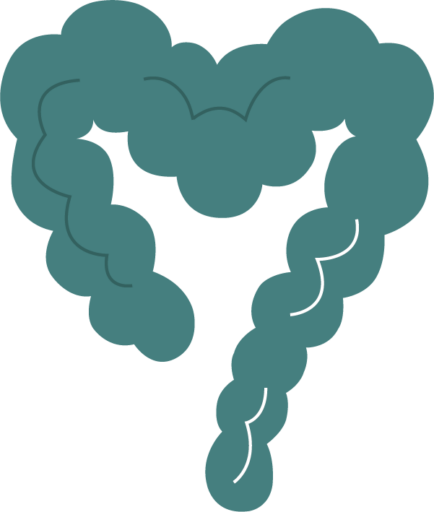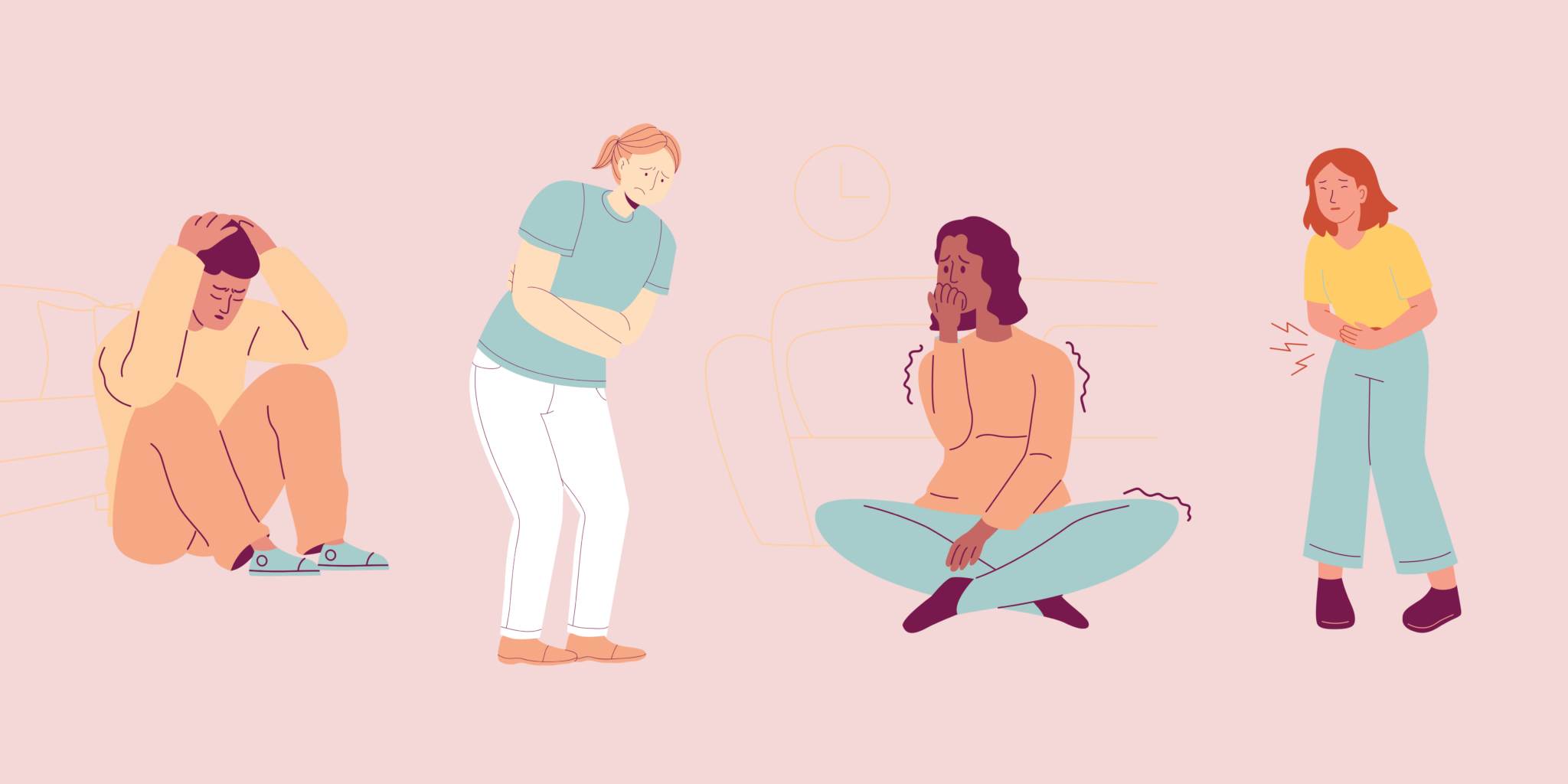
Weight and FODMAP
Has your weight changed since starting the FODMAP diet? Sometimes, the body reacts in various ways to compensate for altered conditions. Starting a FODMAP diet is a significant change. Depending on your previous intake, both the amount and nutritional composition of what you’re consuming might have shifted, which can influence your weight in either direction. Here’s how to best manage these changes!
If you lose weight on FODMAP
If you find yourself losing weight after starting the FODMAP diet, there could be several reasons for this. Weight loss is usually due to not getting enough energy. Perhaps you’re skipping meals or parts of meals because they don’t fit with FODMAP. In that case, you’ll need to compensate for the loss by replacing them with something else. It can take time to find suitable alternatives, so start by finding just ONE good item to carry in your bag, so you know you always have something on hand.
Our tips:
- Plan, plan, plan. Always have something in your bag, keep food at work and home so it’s easy to grab something. If you’re going for coffee, bring a gluten-free cake or bun.
- Carry things like a banana, walnuts, or a boiled egg in your bag.
- Support yourself with larger snacks. Maybe a banana isn’t enough, and you need a crispbread, rice cake, an egg, or yogurt with muesli (but make sure you choose the right kind of muesli).
- It’s relatively uncommon to lose a significant amount of weight because of FODMAP. However, if you were already underweight or have lost too much weight, there might be the option to get nutritional supplements prescribed by a dietitian.
If you gain weight on FODMAP
If, on the contrary, you’re gaining weight during the FODMAP treatment, you may need to think a bit differently. It could be helpful to ask yourself whether you’re eating more. Some people feel hungrier, especially in the beginning. Maybe your diet has become monotonous with foods that aren’t the healthiest? Gluten-free bread is an easy, but not particularly nutritious, solution in the long run. Perhaps you’re eating for comfort because you feel a bit low or down about not being able to eat everything you’re used to? In any case, it might be time to start a food diary.
This will give you a clear picture of what might be causing the issue, helping you regain control and make changes. It could be about having more regular meals, planning your weekly intake, or simply tuning in to your body to distinguish between hunger and fullness.
Hormonal changes can affect weight
Nutrients and energy intake influence the body’s hormonal system. Simply reducing grains and sugar can lead to noticeable changes. Some people experience their period coming earlier or later, feel more or less hungry, or notice mood swings. Whatever changes you experience, they usually stabilise after a while once your body adjusts to the new conditions. And remember, it’s not harmful in any way—it’s just your body reacting to the shift. Cutting down on sugar is always beneficial for us, even if it feels challenging!
Sofia Antonsson
Reg. Dietitian, Belly Balance




